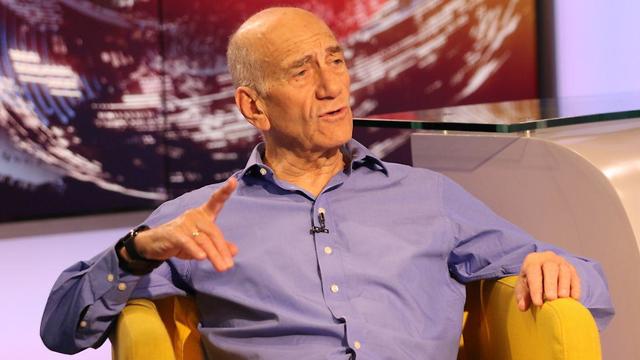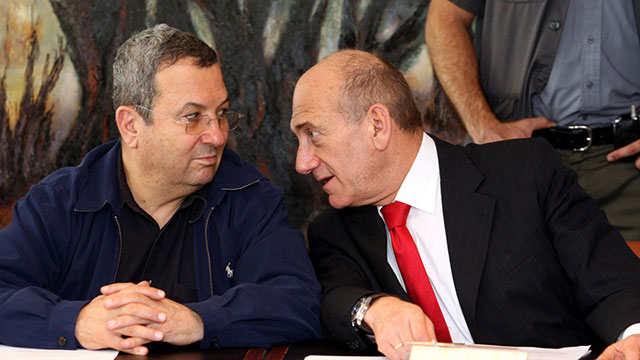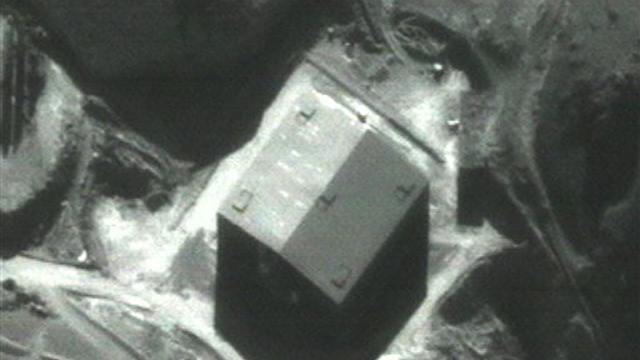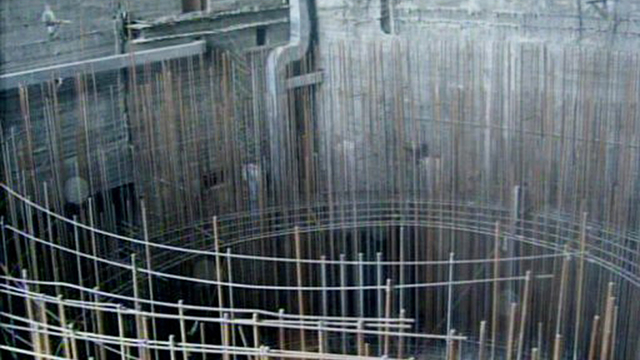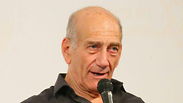

Olmert: 2,500 people knew about Syrian reactor strike plan—and nothing was leaked
The former prime minister tells Ynet about his immediate decision to bomb the nuclear reactor that was being built 450 kilometers from the Israeli border, moments after receiving the first piece of information verifying Israel's suspicions; 'We knew that whatever happened, that reactor would be destroyed.'
"I received the first piece of information verifying our suspicions of Syria's nuclear activity in mid-March 2007," Olmert told Ynet. "That moment changed the entire agenda of all governmental and security systems in the State of Israel—my agenda as prime minister and the agenda of my close assistants, of the Mossad, of the Military Intelligence Directorate, of the IDF and of the Atomic Energy Committee.
"We kicked off an operation which I believe had no precedent in the history of the State of Israel in terms of the preparation for every possible scenario.
"The starting point for all these things was a decision I made a moment after receiving the information that a nuclear reactor was being built 450 kilometers away from Israel, and that this reactor was in its completion stages. That moment, we decided to destroy it, and from that point onwards we had to prepare to do it. It took us about six months, more or less, including talks—mainly with the US administration and with the US president—but with the knowledge that whatever happened, that reactor would be destroyed."
Interviews: Attila Somfalvi, Yoav Zitun, Ron Ben-Yishai; Content editor: Noam Gil; Director: Assaf Cuzin; Camera: Yaron Sharon, Ori Davidovitch, Yogev Attias; Script, video editing, animation: Tamar Avraham; Production: Adi Berman; Content management: Noa Glickstein Keren.
According to the former prime minister, "We had to build an extensive preparation system—military, political, diplomatic. We had to find a way to both destroy the reactor and prevent a massive attack on Israel in response to the reactor's destruction, which was definitely very likely in light of different circumstances which weren't necessarily related to the reactor issue.
"The question was how to prepare for such an outcome without exposing what we were about to do, and how to prepare our systems while concealing the fact that we were essentially going to attack our enemy's most important strategic asset."
His defense minister during the operation, Ehud Barak, implied that Olmert was a "certified slipshod person," arguing that the initial plans were insufficient, but the former prime minister believes the preparations for the operation were conducted in an optimal manner.
"There was a complicated, extensive, multi-layered decision-making process here, which was conducted in a highly impressive manner. And at the end of the day, on September 5, 2007, a little after midnight, perhaps at 6 am let's say, the reactor was destroyed without any response and without causing any damage to the State of Israel or to any of its fighters."
What was the most important thing in the preparations for this operation as far as you were concerned, as prime minister and as the person who made the critical decision?
"To create a synchronization between all the elements in the State of Israel who might take part both in the operation to destroy the reactor and in dealing with the outcomes of this operation, should there be such outcomes, as well as in the international cooperation with a very diverse system of elements, led of course by the American administration and the US president. This was all done in a confidential process—the operation was carried out after 2,500 Israelis had signed a non-disclosure agreement, and nothing had been leaked."
Were you ever concerned?
"There were many moments in which I was concerned, but a person in my position has a duty not to let concerns and fears divert him from the main goal and from the ability to carry it out, complete it and prevent unnecessary results, which you want to prevent."














